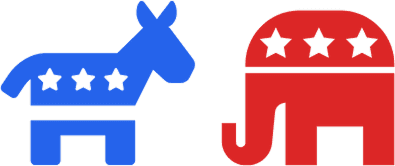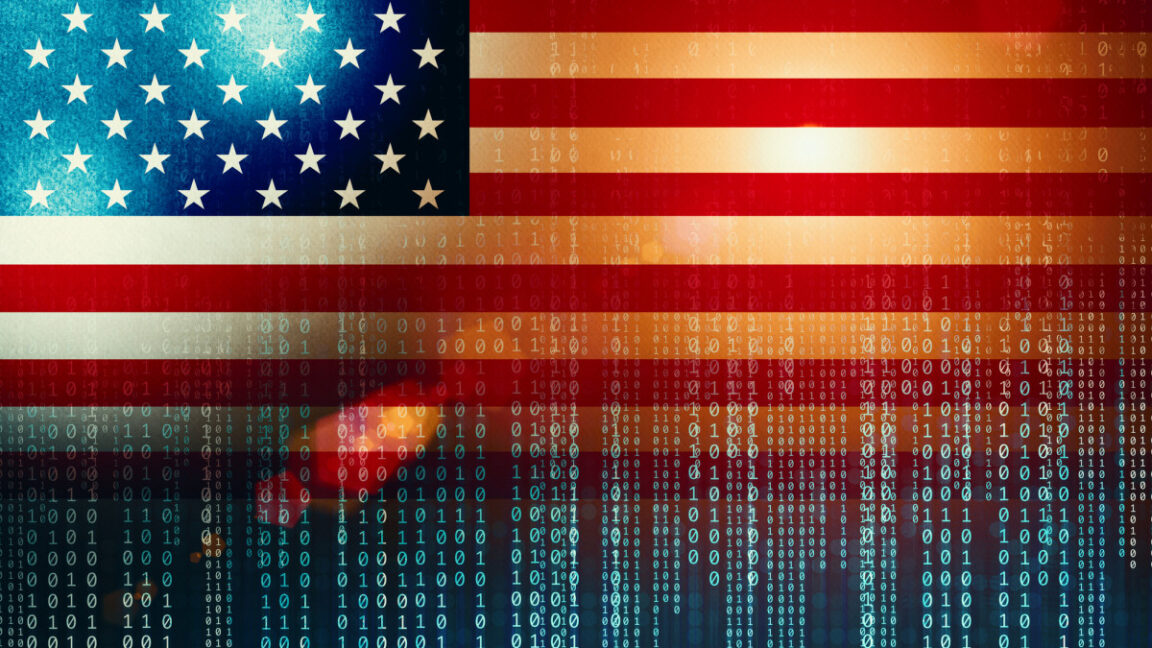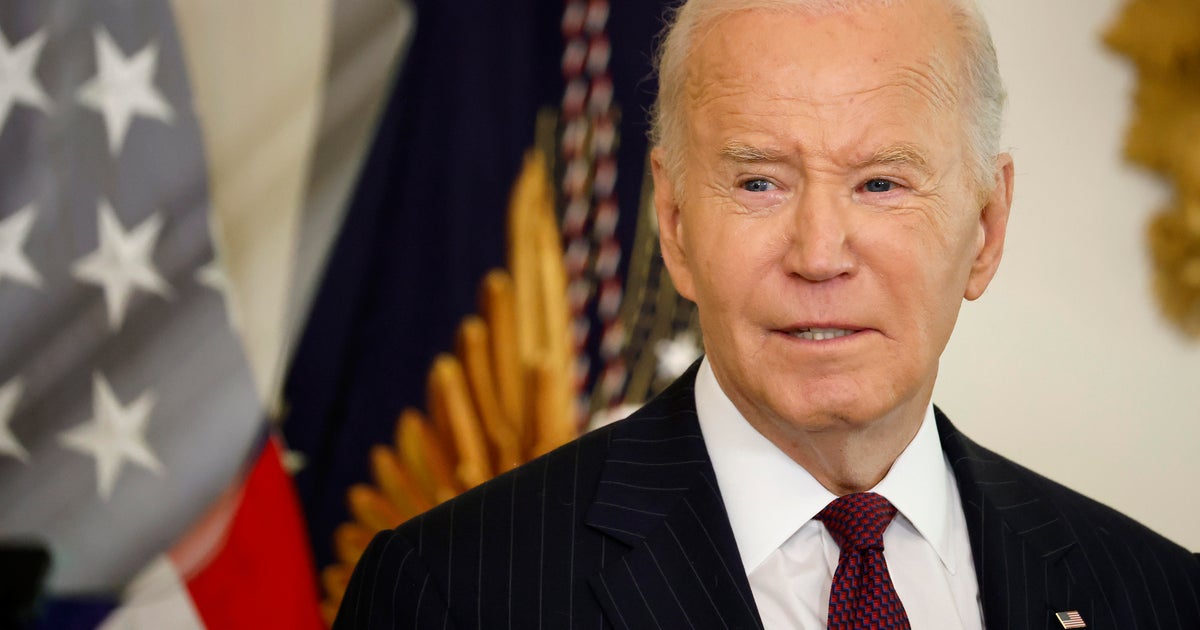New AI Chip Export Regulations Implemented by Biden Administration
The Biden administration announces new export regulations for AI chips, creating tiered access for countries amid national security concerns.
Overview
The U.S. government has introduced stringent export regulations on advanced AI chips, imposing caps for 120 countries and allowing unrestricted access for 18 allied nations. The rules aim to protect national security while ensuring technological leadership for the U.S., especially with rising AI capabilities globally. Though institutions in restricted countries can apply for special licenses to purchase advanced GPUs, many industry leaders express concern over potential stifling of innovation and competition. The framework includes a 120-day comment period, allowing the incoming Trump administration to influence the new regulations.
Report issue

Read both sides in 5 minutes each day
Analysis
Analysis unavailable for this viewpoint.
Articles (17)
Center (10)
History
- 10M

 5 articles
5 articles













